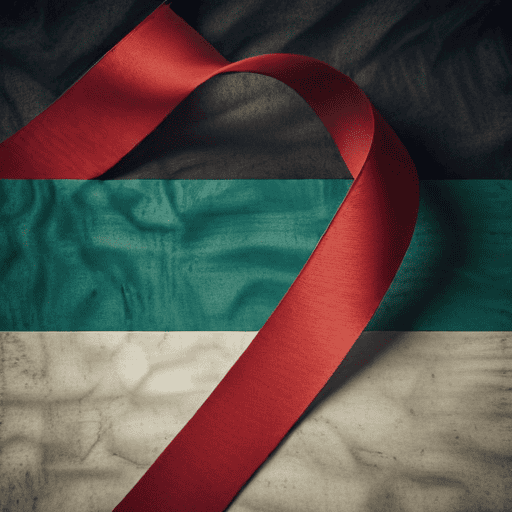The Fiji Network for People Living with HIV is making a powerful call to action to combat the stigma associated with HIV. As they unite to advocate for the rights of those living with the virus, they highlight the substantial challenges faced in discussions about HIV. The significant rise in cases has declared a national health crisis, with half of known individuals living with HIV currently not receiving treatment. This alarming situation underlines the urgent need for a supportive environment that encourages people to seek out necessary services.
It is crucial to recognize that an individual’s worth is not defined by their HIV status. The stigma surrounding HIV often leads to feelings of isolation rather than support. Emphasizing pride is vital as it helps reduce stigma and promotes open conversations about prevention, treatment, and care. When individuals achieve viral suppression, known as “undetectable equals untransmittable” (U=U), they not only safeguard their health but also minimize the risk of transmitting the virus to their partners. This knowledge fosters a sense of hope and encourages people to adhere to their treatment regimens.
Education is essential in this dialogue—it should empower individuals rather than instill fear. Those living with HIV can lead fulfilling lives when supported by effective treatments and a compassionate community. Everyone, not just those living with HIV, shares the responsibility of creating a supportive environment through education, awareness, and care.
The Fiji Network for People Living with HIV emphasizes the importance of celebrating identity, including living with HIV, as a powerful affirmation of resilience. Personal narratives can challenge stigma and inspire others, and the organization calls for a shift from fear-based messaging to approaches that encourage open dialogue and accurate information sharing.
To further their efforts, they are advocating for greater involvement of people living with HIV, community-led prevention and treatment programs, and support for HIV advocates to bolster the national response. They invite the community to join them in fostering a supportive environment where individuals feel comfortable disclosing their HIV status without fear.
In a personal reflection, Jokapeci Tuberi Cati, a long-time advocate, shares her experience as the first iTaukei woman to publicly disclose her HIV status. She emphasizes the reality that many do not choose to acquire HIV, and while advocacy can be challenging, it serves to enlighten others about living with the virus. Rather than glamorizing the realities of HIV, advocates aim to educate and inspire understanding. Jokapeci’s journey demonstrates that, despite the challenges of living with HIV, individuals can thrive and contribute meaningfully to their communities.
As we move forward, the hope is to create a society where everyone has the courage to share their stories and live authentically and proudly. The concerted efforts of advocacy groups and community members can lead to positive change, significantly reducing stigma and fostering a spirit of empathy and support.
In summary, the Fiji Network for People Living with HIV calls for collective action to end the stigma surrounding HIV by fostering education, empathy, and community support. Together, they hope to create a supportive environment where everyone can thrive, reinforcing the message that HIV does not define one’s life or potential.

Leave a comment